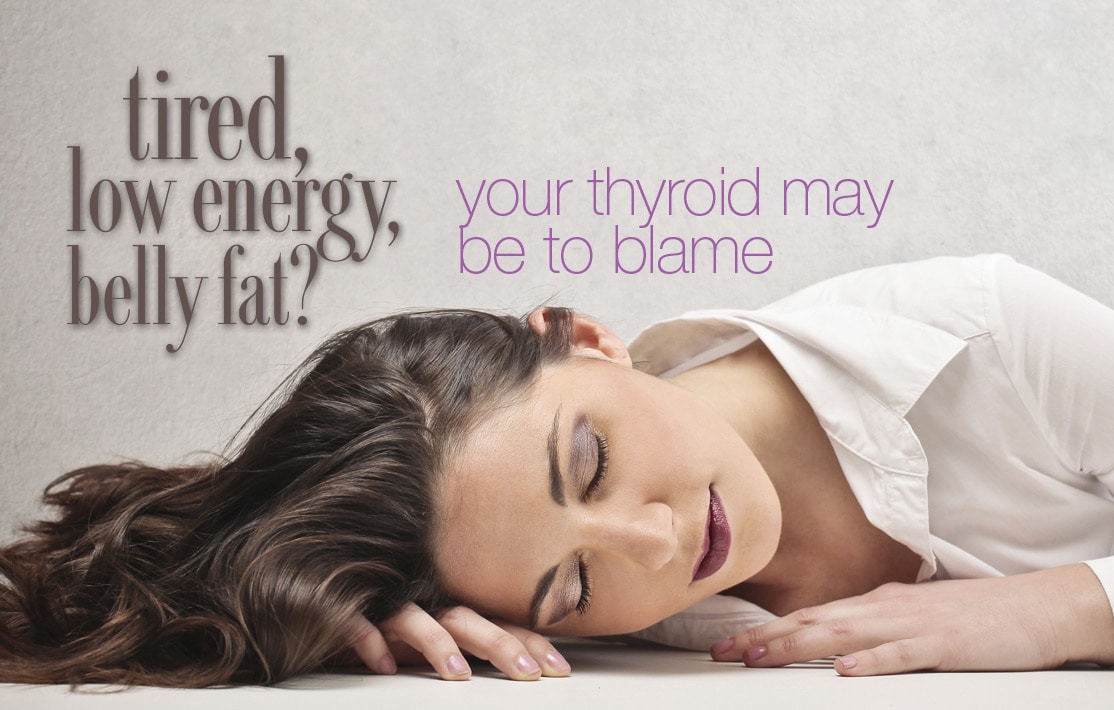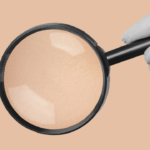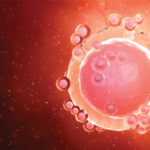
You’re feeling sluggish, fuzzy-headed, and lacking in stamina. Your weight is up, your hair is looking thin, and you have trouble staying warm. You’re probably suffering from an underactive thyroid gland, a problem that is especially common in women who are under physical stress and have a family history of thyroid disease. To reverse your symptoms, you may need a prescription medication to normalize the levels of thyroid hormone in your system.
Here, unfortunately, is where some of you will interject…
But I’m already taking thyroid medication,

and my symptoms aren’t going away!”
You’re feeling sluggish, fuzzy-headed, and lacking in stamina. Your weight is up, your hair is looking thin, and you have trouble staying warm. You’re probably suffering from an underactive thyroid gland, a problem that is especially common in women who are under physical stress and have a family history of thyroid disease. To reverse your symptoms, you may need a prescription medication to normalize the levels of thyroid hormone in your system.
Here, unfortunately, is where some of you will interject…

But I’m already taking thyroid medication,
and my symptoms aren’t going away!”
You’re not alone. Many women continue to experience symptoms of hypothyroidism – low thyroid – even when taking thyroid hormone. Others test normally, yet experience the symptoms of hypothyroidism just the same. No wonder they’re all unhappy and clamoring for doctors like me to help them gain back their energy, clarity of thinking, and cold tolerance!
Fortunately, there are things you can do!
To start with, learn about hypothyroidism’s causes…
so that you’ll understand the ways you can help yourself find a better quality of life.
Most hypothyroidism is caused by an autoimmune attack on the thyroid, a small powerhouse gland that regulates metabolism and lives deep in your throat. As the thyroid fails to make adequate hormone, the gland works harder to stimulate hormone production. In the process, the gland slowly increases in size, pushing outward to create a visible thickness in the throat called a goiter. When blood tests show that hormone production is down significantly, threatening the healthy function of your body, that’s when a physician will prescribe medication. In many, the daily pill is enough to reverse symptoms. But some continue to suffer, and if you’re one of them, it’s important to understand the goitrogens that may be contributing to your continuing symptoms.
Goitrogens come to us naturally, through certain fruits, vegetables, and grains. They are also found as chemical additives in products we ingest and processed foods we consume. Whatever the source, goitrogens can make it hard for the thyroid gland to produce and activate its hormone. They also contribute to your body’s inability to make full use of your thyroid medication.
The next step on the road to greater well-being is to seek natural ways to improve your thyroid function.
Here’s a list of goitrogenic chemical additives to avoid:
- Triclosan, found in most namebrand toothpastes. As brushing occurs often, our frequency of exposure increases the problem. For better thyroid health, try Toms Toothpaste which is triclosan free.
- Thiocyanate, found in cigarette smoke.
- Sulfadimethoxine (Sulfonamide antibacterial) propylthiouracil (PTU – for hyperthyroid treatment), potassium perchlorate (fireworks, propellants, ammunition), ipoanoic acid (iodine contrast agent).
- Oxazolidines (anticonvulsants).
- Amiodarone (antiarrhythmic drug).
- Lithium (mood stabilizer drug).
- Phenobarbital, phenytoin, carbamazepine (antiseizure drugs), rifampin (antibiotic).
Boost Your THYROID HEALTH
Boost Your THYROID HEALTH
■ Add Nutritional Support:
Supplements cannot take the place of prescription medication. But ThyroSense® enhances the beneficial action of your thyroid hormone medication, reducing fatigue and other thyroid-related symptoms. Compounded with L-tyrosine, ashwagandha, gaggul, pantothenic acid, iodine, selenium, copper, and manganese, ThyroSense (along with a good multivitamin/mineral supplement) provides proper thyroid nutrition. My patients report improved energy, weight loss, and reduced sensitivity to cold. In fact, it has proven to be so beneficial that I recommend it to any patient who has a family history of hypothyroidism or a diagnosis of subclinical hypothyroidism.
■ Manage Your Stress:
Take more walks, and practice relaxation techniques such as stretching, deep breathing, or meditation. Reduce your sugar and caffeine intake. Get optimal sleep.
■ Change Your Cooking Techniques:
If necessary, to support thyroid health. Below you’ll find a list of fruits, vegetables, and grains that have been shown to be goitrogenic. Don’t avoid them! Just ensure that you prepare them by fermenting, simmering, or steaming to reduce the goitrogenic compounds within them.
■ Gluten:
CuCut down on gluten or avoid it altogether.
■ Soy (isoflavones):
Soybeans, tofu, soybean oil/flour/lecithin. It has been reported that when there is sufficient iodine in the diet, soy does not negatively impact thyroid function. ThyroSense is an excellent source of iodine and other nutritional support for the thyroid.
■ Cruciferous vegetables (isothiocyanates):
broccoli, kale, cabbage, brussel sprouts, broccolini, cauliflower, mustard greens, turnips, collards, spinach, cassava root, canola, horseradish, radishes, rapeseed, and rutabagas.
These are best prepared by steaming. If juicing them raw, moderation is key.
■ Nuts: Peanuts, pine nuts.
■ Fruits: Strawberries, pears, peaches.
■ Other: Flaxseed, millet, cassava, bamboo shoots, sweet potatoes.

So, shed that sweater! Work a full day without feeling you’re dragging yourself through it! The journey towards better thyroid health begins with small steps that allow you to make great strides toward better health!
*Iodine is essential for the manufacture of thyroid hormones, and selenium supports the conversion of T4 to T3. A deficiency in copper or manganese can contribute to low thyroid. Supplementing with these as well as vitamins A, B2, B3, B6, C, and E will support your thyroid gland health.











